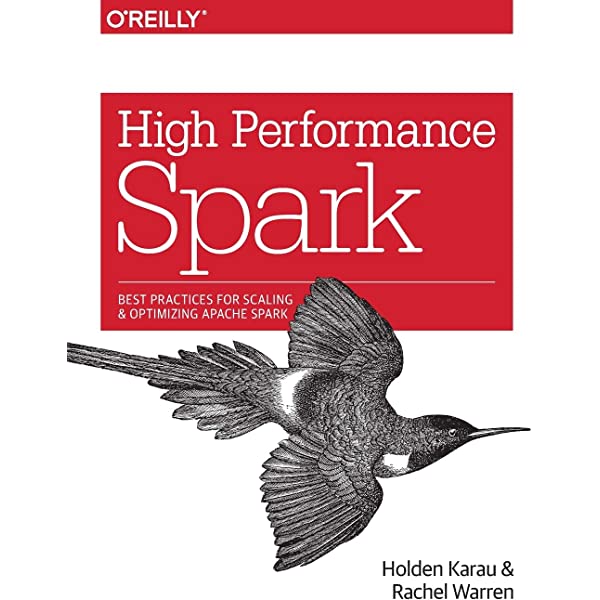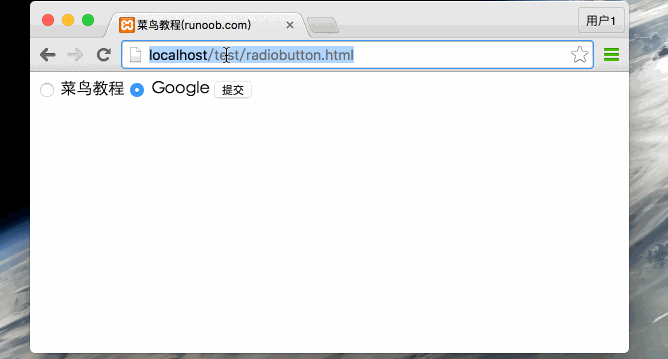
Bluehost prices vary depending on the hosting plan you choose. Make sure you consider renewal prices, discounts, and other factors before you decide which plan is right for your needs. There may be additional fees. You should also consider what type of website you are planning to build. Do you need multiple servers or will your site require large clusters?
Bluehost's Monthly Plan at $2.95
The Bluehost Basic plan is ideal for those who want to test the hosting company's speed and create a simple website. This plan includes 50GB SSD storage that is sufficient to host a static HTML website. With the Plus plan you can also increase your bandwidth to add additional websites. The Plus plan does not limit the number of websites you can add or SSD storage.
Both plans include free SSL certificates. SSL certificates are used to protect visitor's personal information by encrypting all connections between your site (and their computers). Without SSL, your site will be viewed as unsecure by browsers. If your website doesn't have a certificate, visitors will be prompted to click on a warning page to confirm that they are on a secure website. You can also choose Let's Encrypt SSL for basic security or upgrade to a Premium Certificate if your site needs more security.

Its free domain
Bluehost gives you a free domain when you sign up for your first Bluehost account. While this is an advantage to having your own site, it's also a limitation of Bluehost. A free domain is valid for one year. If you would like to purchase another domain, you can do so at a later date.
Bluehost gives you the opportunity to get a FREE domain. Next, pick the TLD (top domain name) that you would like to register. After selecting the TLD you will see many options. Select your favorite variation and then add it to your cart.
Its free SSL certificate
Bluehost hosting plans come with a free SSL certificate. This allows you to protect your visitors' information when they visit the website. Bluehost will also give you a domain name for free. There are many hosting plans available, including shared and dedicated servers as well as fully managed web hosting. Let's Encrypt, an automated and open certificate authority, issues the SSL certificates.
If you have a limited budget, a free SSL certificate can be a good option. However, it is important to consider security risks. You should consider purchasing a paid SSL Certificate if your business involves selling products online. These certificates are generally less expensive than a single-year subscription of SSL certificates. You may need only a few sales to cover the cost. However, if your site is not selling anything sensitive, then it's okay to use a free certificate.

Its 30-day money-back guarantee
Bluehost will refund your money if you're unhappy with it within 30 days. This guarantee does not apply to domains, add-on products or hosting. It does not require you make a long-term commitment or charge any early termination fees.
As an entrepreneur I know the importance of a money-back promise. Bluehost is the only web host that offers this guarantee. You can either get a complete refund if not satisfied within 30 days of signing up or a prorated return if you aren't satisfied.
FAQ
Which website builder should I use?
You can start small and build a solid web presence. If you have enough time and resources, build a site. You might start with a simple blog if you don’t have the time or resources. You can always add features later as you learn how to design and develop websites.
You should first set up your primary domain before you begin building your first website. This will give you something to point to when you publish content.
What is a responsive web design?
Responsive web design (RWD), is a way to create websites that display responsively on all devices, including smartphones, tablets, desktop computers, laptops and tablets. This allows users to simultaneously view a website from one device while still being able to access other features, such as navigation menus and buttons. The goal of RWD is to ensure that when a user views a site on any screen size, they view the exact version of the site.
Consider, for instance, that you're building a website for an eCommerce company and your products are sold primarily online. It is important to ensure that your website can be accessed on any device, including a smartphone.
A responsive website will adjust its layout automatically based on what device is used to view it. The site will display exactly the same way on a laptop as if it were viewed on a desktop computer. But, the page will appear differently if you view it on your phone.
This means you can make a website that looks amazing on all types of devices.
How do I choose a Domain Name?
It is crucial to choose a great domain name. People won't know where to go if they don't have a good domain name.
Your domain name should be concise, memorable, unique, relevant, and easy to remember. You want it to be something people will type into their browser.
Here are some ideas to help you choose a domain.
* Use keywords related your niche.
* Do not use hyphens (-), numbers or symbols.
* Don't use.net or.org domains.
* Do not use words you already know.
* Try to avoid generic terms like "domain" or "website."
* Make sure it's available.
How much do web developers make?
The hourly rate for a website you create yourself is $60-$80. However, if you wish to charge more, you can become an independent contractor. It is possible to charge between $150-200 an hour.
How Much Does It Cost to Make An Ecommerce Site?
This depends on your platform and whether you hire a freelancer or go through a service provider. eCommerce websites start at about $1,000.
However, once you decide on a platform, you can expect to pay anywhere between $500 and $10,000.
If you're planning on using a template, you probably won't pay more than $5,000. This includes any customizations required to reflect your brand.
Statistics
- Studies show that 77% of satisfied customers will recommend your business or service to a friend after having a positive experience. (wix.com)
- In fact, according to Color Matters, a signature color can boost brand recognition by 80%. There's a lot of psychology behind people's perception of color, so it's important to understand how it's used with your industry. (websitebuilderexpert.com)
- The average website user will read about 20% of the text on any given page, so it's crucial to entice them with an appropriate vibe. (websitebuilderexpert.com)
- It's estimated that in 2022, over 2.14 billion people will purchase goods and services online. (wix.com)
- It's estimated that chatbots could reduce this by 30%. Gone are the days when chatbots were mere gimmicks – now, they're becoming ever more essential to customer-facing services. (websitebuilderexpert.com)
External Links
How To
What is website hosting?
Website hosting is the location where people go when they visit websites. There are two types of website hosting:
-
Shared hosting is the cheapest. Your website files reside in a server managed by another company. Customers who visit your website send their requests via the Internet over to that server. The server owner then forwards the request to you.
-
Dedicated Hosting - This option is the most costly. Your website is only accessible from one server. No other websites share space on the server, so your traffic stays private.
Because shared hosting is more affordable than dedicated hosting, most businesses opt for it. You can use shared hosting if the company owns the server to provide the resources required for your website.
Both options have their pros and cons. Here are the differences:
Shared Hosting Pros
-
Lower Cost
-
It's easy to set up
-
Frequent Updates
-
It is available on many Web Hosting Companies
Shared hosting is often as cheap as $10 per month. But keep in mind that this price usually includes bandwidth. Bandwidth refers the data that you can transfer over the Internet. You may have to pay extra for large amounts of data, even if your blog only contains photos.
You will quickly see why you paid so much for your former host once you have started. Most shared hosts have very poor customer support. While they may occasionally assist you in setting up your site and other tasks, after that you are all on your own.
It is important to find a provider that provides 24-hour support. They'll take care of any issues that come up while you sleep.
Cons of dedicated hosting
-
More Expensive
-
Less Common
-
Requires special skills
With dedicated hosting, you get everything you need to run your website. You won't worry about how much bandwidth you are using or how much RAM (random Access Memory) you have.
This means you'll have to spend more upfront. Once you get started with your online business, you will find that you don't require much technical support. You'll be able to manage your servers effectively.
Which Is Better for My Business?
It all depends on the type of website you are creating. If you only want to sell products, then shared hosting might be the best choice. It is simple to set up and easy to maintain. And since you're sharing a server with many other sites, you'll likely receive frequent updates.
However, dedicated hosting can be a great option if you're looking to build a community around the brand. Instead of worrying about your traffic, you can build your brand while still being able to concentrate on your business.
If you're looking for a web host that offers both options, we recommend Bluehost.com. Bluehost.com provides unlimited monthly data transfer, 24/7 support, free domain registration and a 30-day money back guarantee.